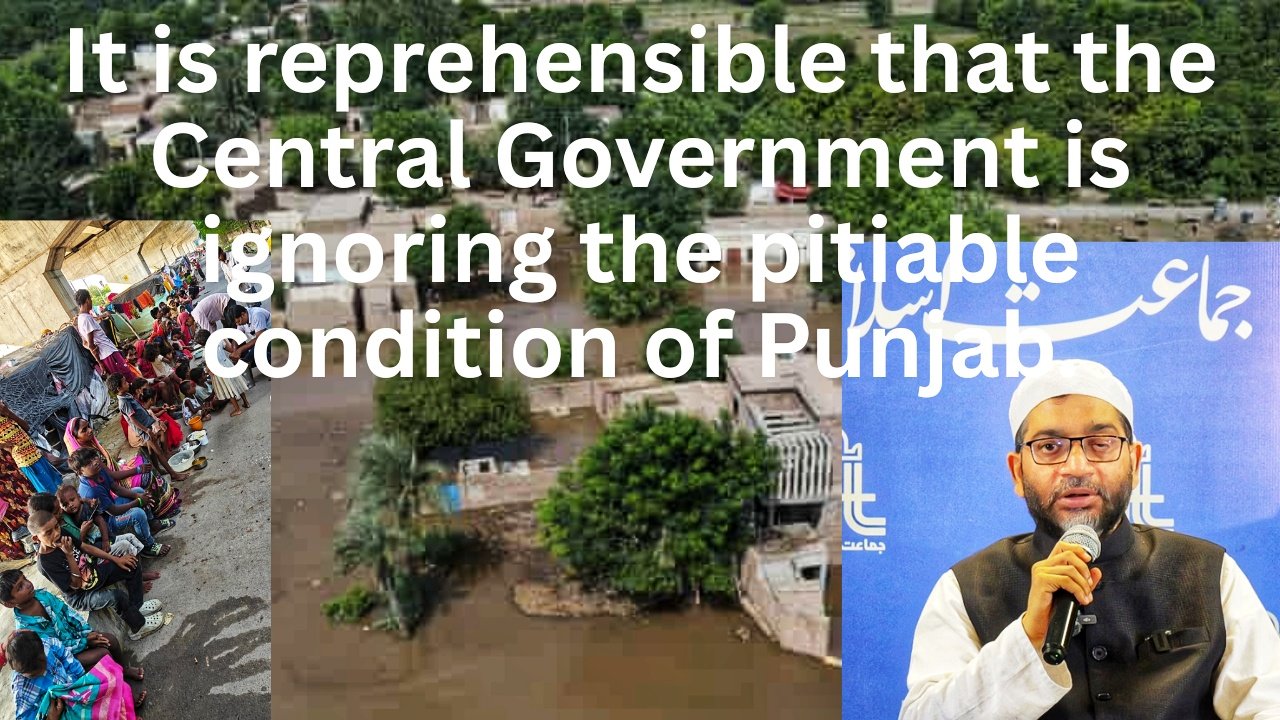
Indian Businesses and Flood-Hit Communities Need Urgent Support, Says JIH President – Syed Sadatullah Husaini*
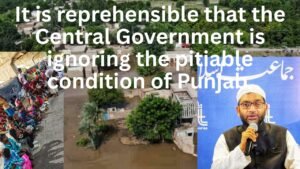
MPNN CORRESPONDENCE
New Delhi: The President of Jamaat-e-Islami Hind (JIH), Syed Sadatullah Husaini, has expressed deep concern over the impact of US tariffs on Indian exports and the widespread devastation caused by floods and natural calamities across the country.
Addressing the monthly press conference at the JIH headquarters, the JIH President highlighted the severe economic and humanitarian challenges facing India and urged immediate government action.
Speaking on the US tariffs, Syed Sadatullah Husaini said, “The sharp escalation of duties, up to 50 percent on Indian exports, is crippling labour-intensive sectors.
Workers in Surat’s diamond-cutting units, the carpet hubs of Uttar Pradesh, and the garment clusters of Tiruppur are facing serious livelihood risks.
Carpets worth more than ₹2,500 crore are stuck in warehouses and thousands of small businesses are collapsing. In FY25 alone, more than 35,000 MSMEs shut down. This shows the scale of the crisis.”
He called the tariffs unjust and protectionist and urged the government to adopt a firm diplomatic and economic response.
He also stressed the need for a ₹25,000 crore relief package, support through loans and subsidies, and urgent steps to safeguard MSME jobs and diversify export markets.
Turning to the recent floods, the President of Jamaat-e-Islami Hind said, “Entire villages in Punjab, Uttarakhand, Himachal Pradesh, and Maharashtra have been washed away.
Farmers lost crops worth hundreds of crores, families were displaced, and essential services collapsed. What is more disturbing is that corruption in infrastructure projects has made this disaster worse. Embankments failed at the first test.
Drainage systems collapsed. Roads and bridges gave way because of poor quality work. Corruption has turned a natural disaster into a human tragedy.”
He demanded fair compensation of at least ₹50,000 per acre for farmers, a nationwide upgrade of drainage and flood-control systems, and stricter quality checks on all infrastructure.
He also called for a binding disaster relief law to unlock unused funds for rehabilitation and long-term rebuilding.
The JIH President emphasized that both issues reflect deeper governance failures. He said that economic justice and transparent governance are not optional but essential.
“Workers and farmers are the backbone of our economy. Ignoring their plight will push millions into poverty. Protecting them is not charity, it is their right and the duty of the state,” he said.
For More Read Relate news click below link 👇👇👇👇
The monthly press meet was also addressed by JIH Vice President, Prof. Salim Engineer, who raised concern over the ongoing eviction drives in Assam and the recent Delhi High Court judgment in the 2020 Delhi riots conspiracy case.
On Assam, Prof. Salim Engineer said, “Over 1,700 families were forcibly displaced in Goalpara in the past three months. Many of them had valid land documents, NRC records, and voter IDs.
Yet their homes, schools, and mosques were demolished. A young man, Sakowar Ali, lost his life when police opened fire on residents.
This is unacceptable. Evictions without rehabilitation violate the Constitution and international humanitarian standards. In some cases, even court stay orders were ignored.
Such selective targeting of Bengali-speaking Muslim communities and tribal groups creates deep injustice and fuels communal and linguistic tensions.”
He demanded an immediate halt to the eviction drives, an independent inquiry into police firing, and rehabilitation for all displaced families.
The JIH Vice President also commented on the Delhi High Court’s September 2 judgment rejecting bail for Umar Khalid, Sharjeel Imam, and others.
Read For Related News click below link
👇👇👇👇
“These activists have been in jail for nearly five years without trial. This amounts to punishment by process. Bail is supposed to be the norm.
The court relied on prima facie material and treated WhatsApp group membership as conspiracy.
This raises serious concerns about fairness and the misuse of UAPA against student activists and civil society members. This selective approach erodes trust in the justice system.”
He added that such judgments risk silencing democratic dissent and minority voices, while the real perpetrators of the riots remain free.
Prof. Salim Engineer concluded by expressing hope that the Supreme Court would intervene, ensure a fair trial, and protect democratic freedoms.
He stressed that India’s democracy depends on equality before law, protection of citizens’ rights, and an impartial justice system.

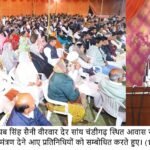
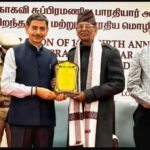

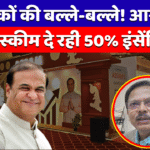
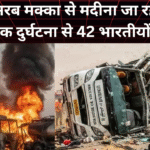





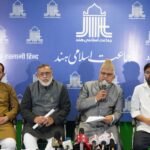
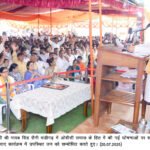

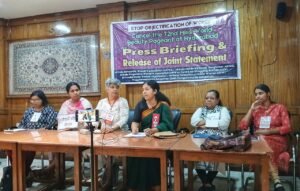


No Comments: